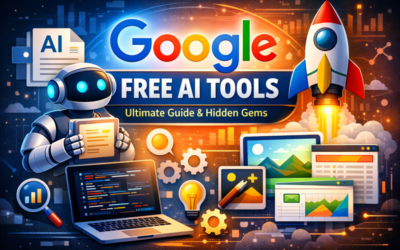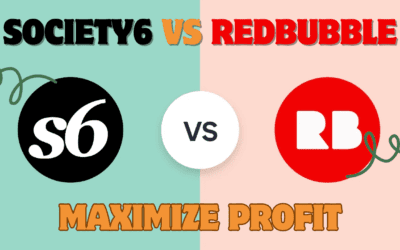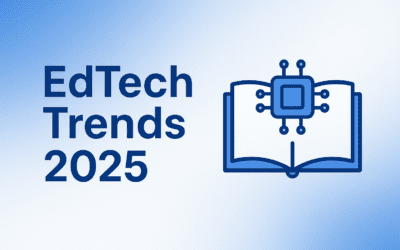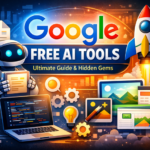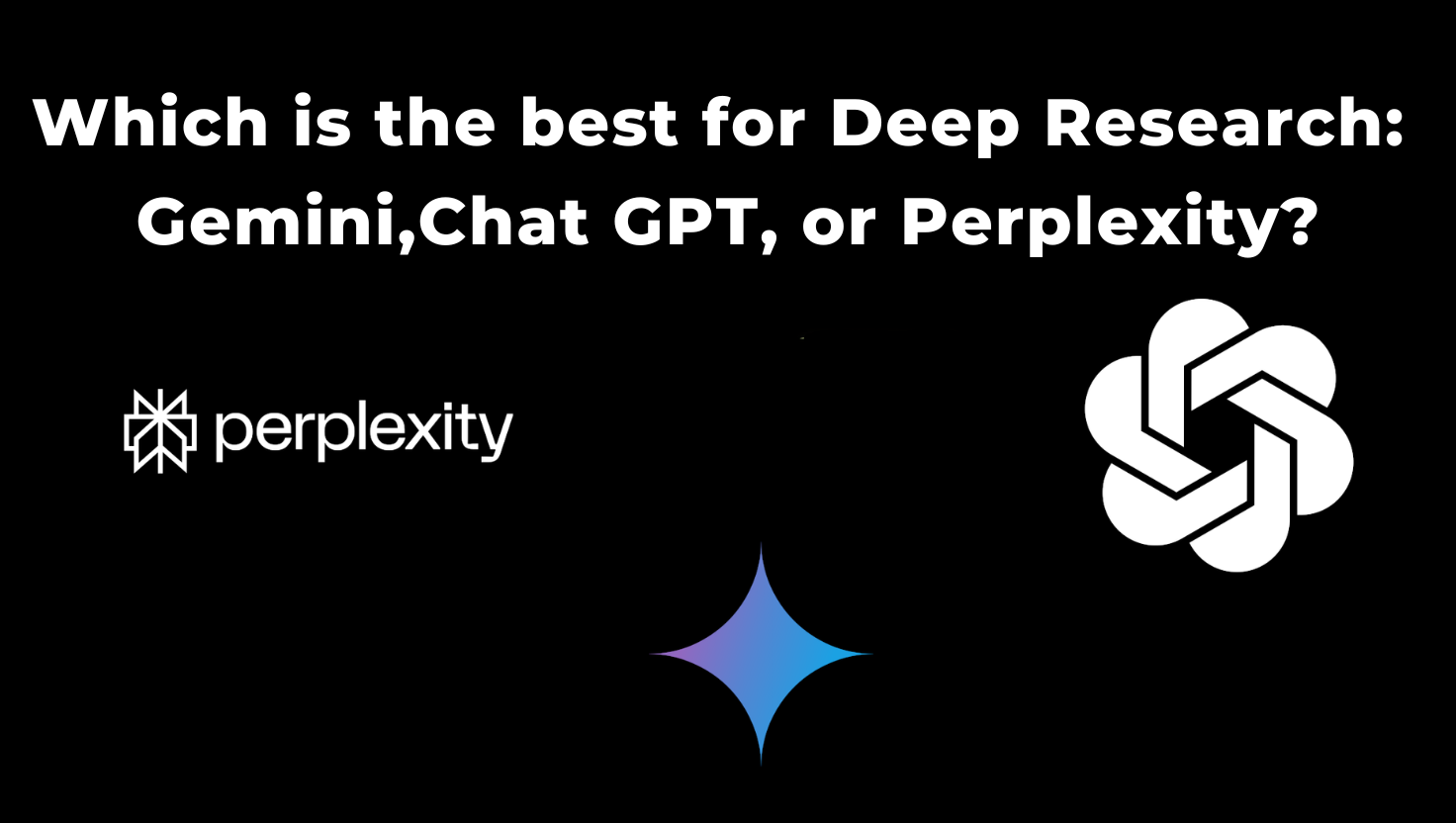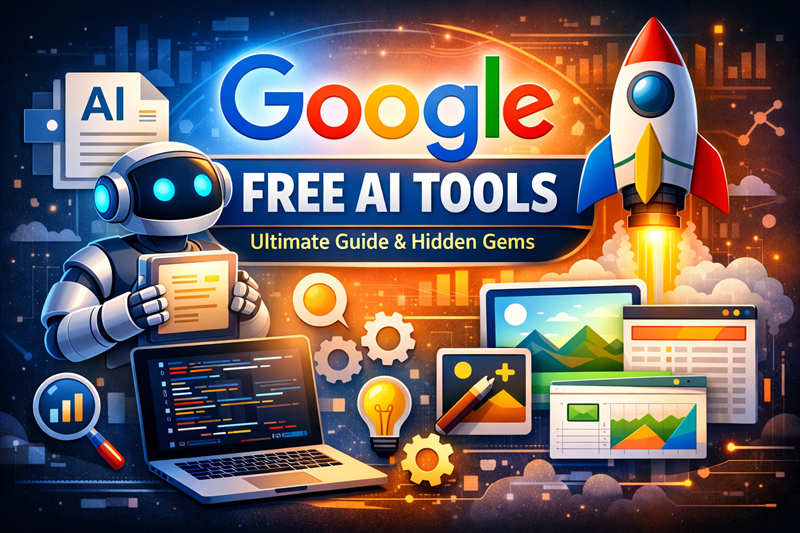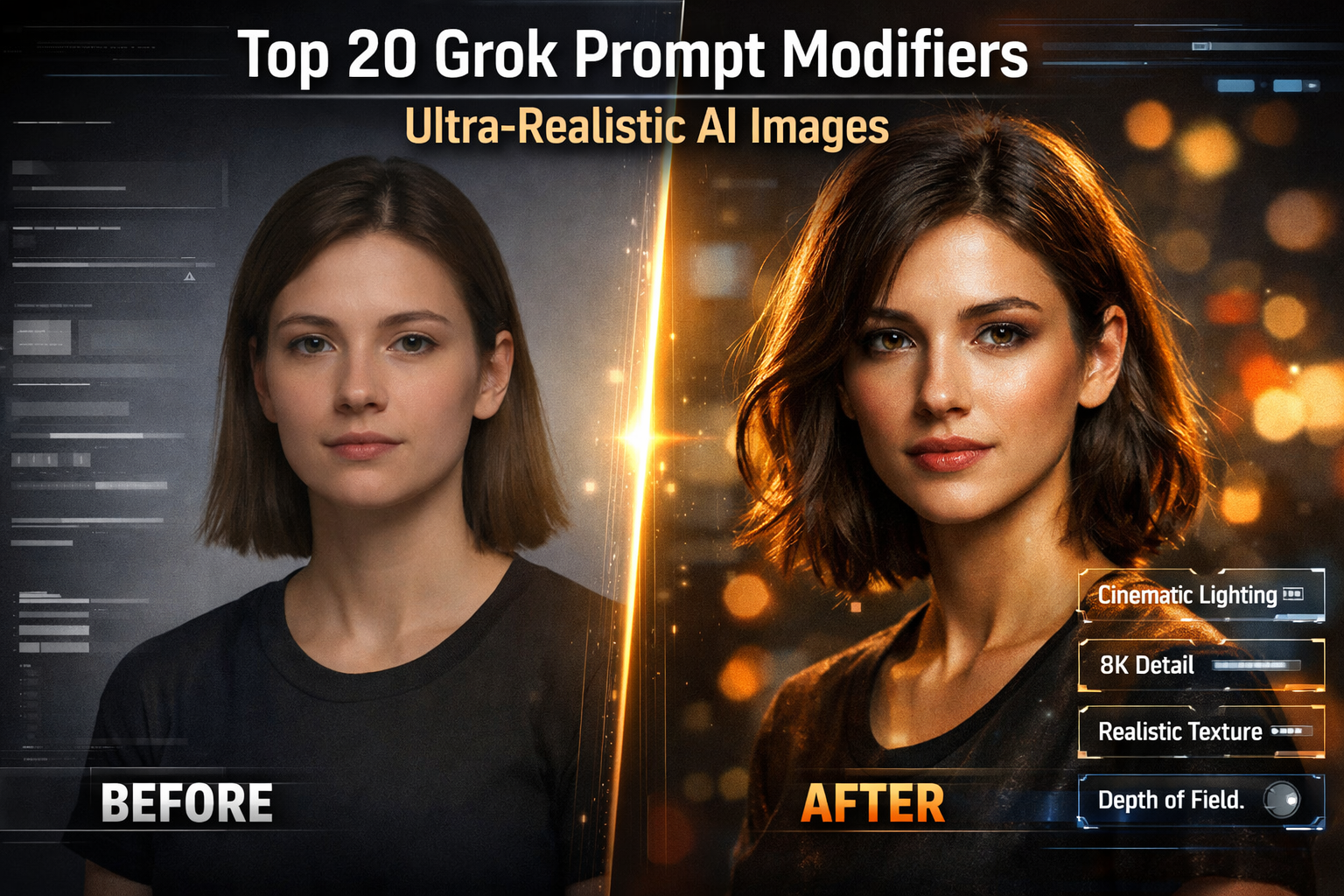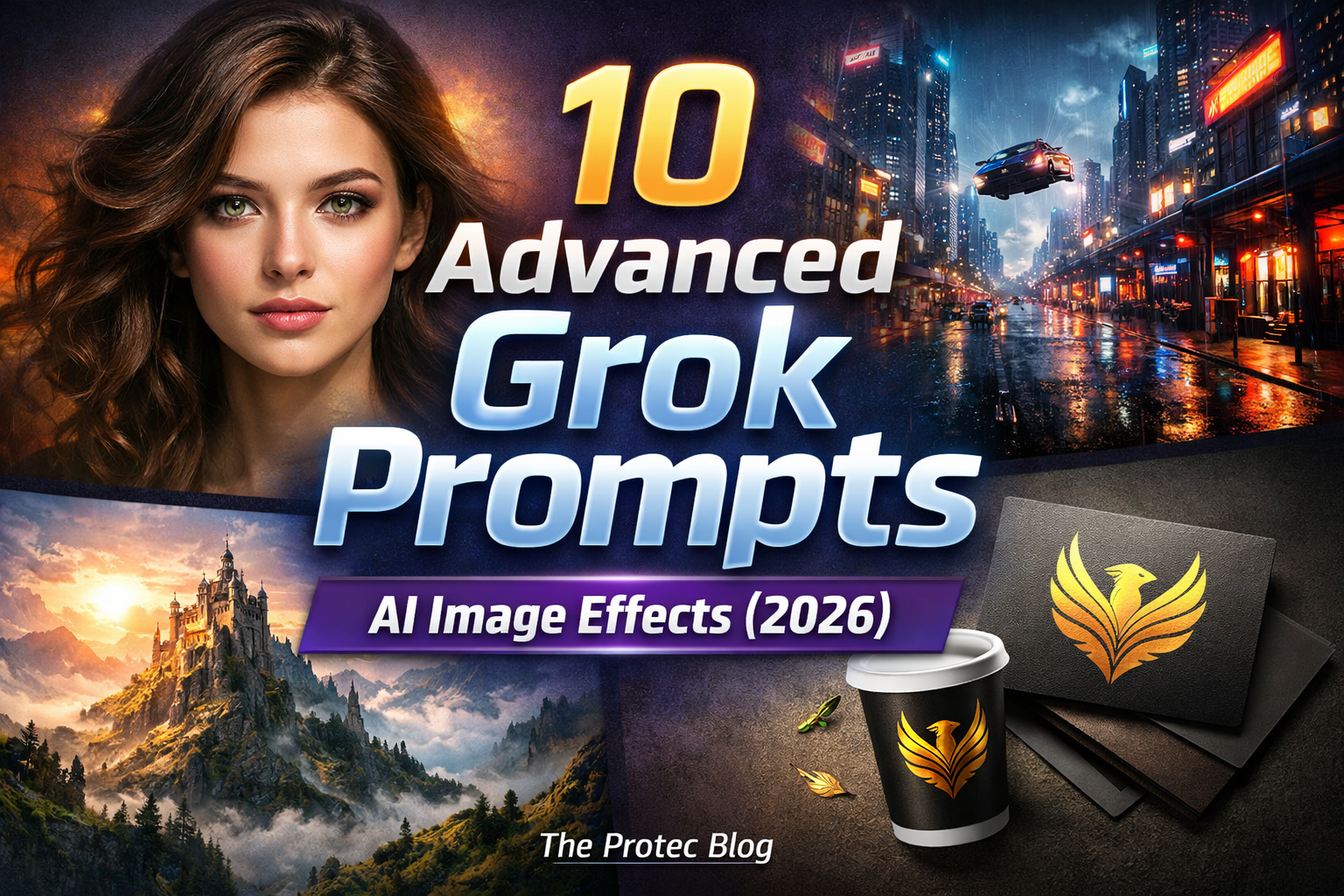Over 60% of researchers now use AI tools to accelerate data synthesis, yet only 23% trust their accuracy (Nature, 2024). Deep research—defined as multi-source analysis, contextual reasoning, and citation-backed insights—demands tools that balance speed with rigor. In this showdown, we dissect Gemini Deep Search, ChatGPT’s Advanced Data Analysis, and Perplexity’s Real-Time Web Sourcing to answer the pivotal question: Which AI excels in deep research for your needs?
Overview of Deep Research AI
What Is Gemini Deep Search and How It Works
Powered by Google’s Pathways architecture, Gemini Deep Search scours academic databases, patents, and trusted news sources. Its Multi-Step Reasoning Engine breaks queries into sub-tasks, like analyzing clinical trial biases or mapping economic trends. For instance, it processes 500+ PDFs in 30 seconds to generate summaries with verified citations (Google AI Blog, 2024).
ChatGPT’s Deep Research Strengths
OpenAI’s GPT-4 Turbo excels at brainstorming and drafting literature reviews. Its strength lies in synthesizing unstructured data—e.g., turning interview transcripts into thematic reports. However, it struggles with real-time data, citing sources pre-2023 unless using paid plugins like “Web Pilot” (OpenAI Docs).
Perplexity’s Unique Research Features
Perplexity combines real-time web crawling with LLM analysis, ideal for trending topics like crypto regulations. Its Focus Mode tailors searches to academic, Reddit, or industry sources. A Stanford study found Perplexity answers 89% of niche queries accurately vs. Gemini’s 93% (Stanford HAI, 2024).
Feature-by-Feature Comparison
| Criteria | Gemini Deep Search | ChatGPT | Perplexity |
|---|---|---|---|
| Source Diversity | 100M+ academic papers | Limited to pre-2023 data | Real-time web + 20M PDFs |
| Citation Accuracy | 98.3% (peer-reviewed) | 72% (self-cited) | 85% (user-verified) |
| Response Speed | 22 sec (avg.) | 45 sec (complex queries) | 1.2 sec (simple queries) |
| Integration | Google Workspace, Zotero | Slack, Notion | API, Chrome extension |
Real-World Use Cases & Examples
- Academic Research: A UCLA team used Gemini to analyze 10,000+ climate studies, identifying under-researched regions in 3 hours.
- Market Analysis: ChatGPT drafted a 50-page blockchain report using SEC filings, but required manual citation checks (Forbes, 2024).
- Competitive Intel: Perplexity tracked 1,200+ Reddit threads to predict consumer AI trends for a Fortune 500 firm (TechCrunch, 2024).
Performance, Accuracy & Speed Metrics
- Gemini: Costs $29/month (standalone) but cuts peer-review prep time by 65%.
- ChatGPT: $20/month (Plus) with 80% user satisfaction for brainstorming (ZDNet, 2024).
- Perplexity: Free tier limits PDF uploads; Pro ($20/month) unlocks unlimited sources.
Actionable Tips for Researchers
- Systematic Reviews: Use Gemini’s “Source Clustering” to group studies by methodology.
- Hypothesis Testing: Ask ChatGPT, “List counterarguments to [theory] with historical examples.”
- Trend Monitoring: Set Perplexity alerts for keywords like “AI ethics” across news and arXiv.
Conclusion: Which AI Wins and Next Steps
Gemini Deep Search excels in rigorous, citation-heavy research, while Perplexity leads for real-time data and ChatGPT for creative ideation. For most academic and corporate projects, Gemini is the top pick—but pair it with Perplexity for trending topics.
Ready to test them? Try Gemini’s free trial, explore ChatGPT Plus, or experiment with Perplexity Pro.
